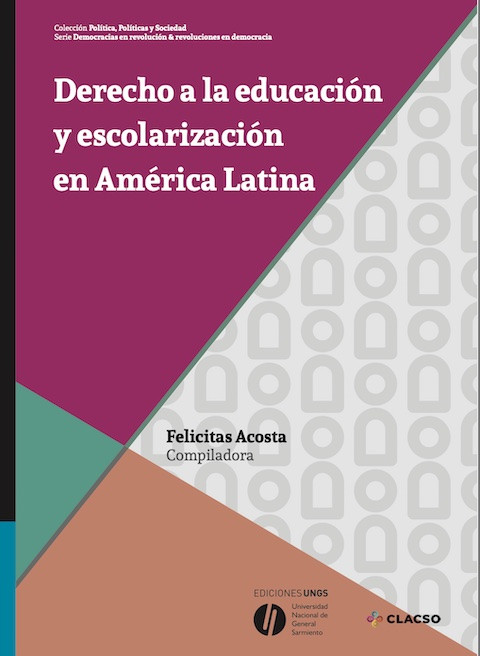
GCED Basic Search Form
Quick Search
Вы здесь
Ресурсы

The extension of the right to education in Latin America is part of the contemporary debate about schooling. The educational reforms of the latter part of the 20th century and the beginning of the 21st century in the region accompanied this debate: enactment of new laws, changes in the structure of educational systems, curricular reforms, revision of classroom teaching, modification of the teacher training are some of the ways these reforms take. Changes in education systems are also affected by the emergence of new actors, topics and forms of intervention: from standardized international tests and the participation of civil society and non-governmental organizations, to the introduction of content related to issues of gender and sexuality. This book brings together works that attempt to account for the set of changes mentioned, from different perspectives: historical, political, philosophical and pedagogical. It also brings together the award-winning articles from the CLACSO-UNGS essay contest on the right to education within the framework of the Education Axis of the Democracies in Revolution / Revolutions in Democracy program.
